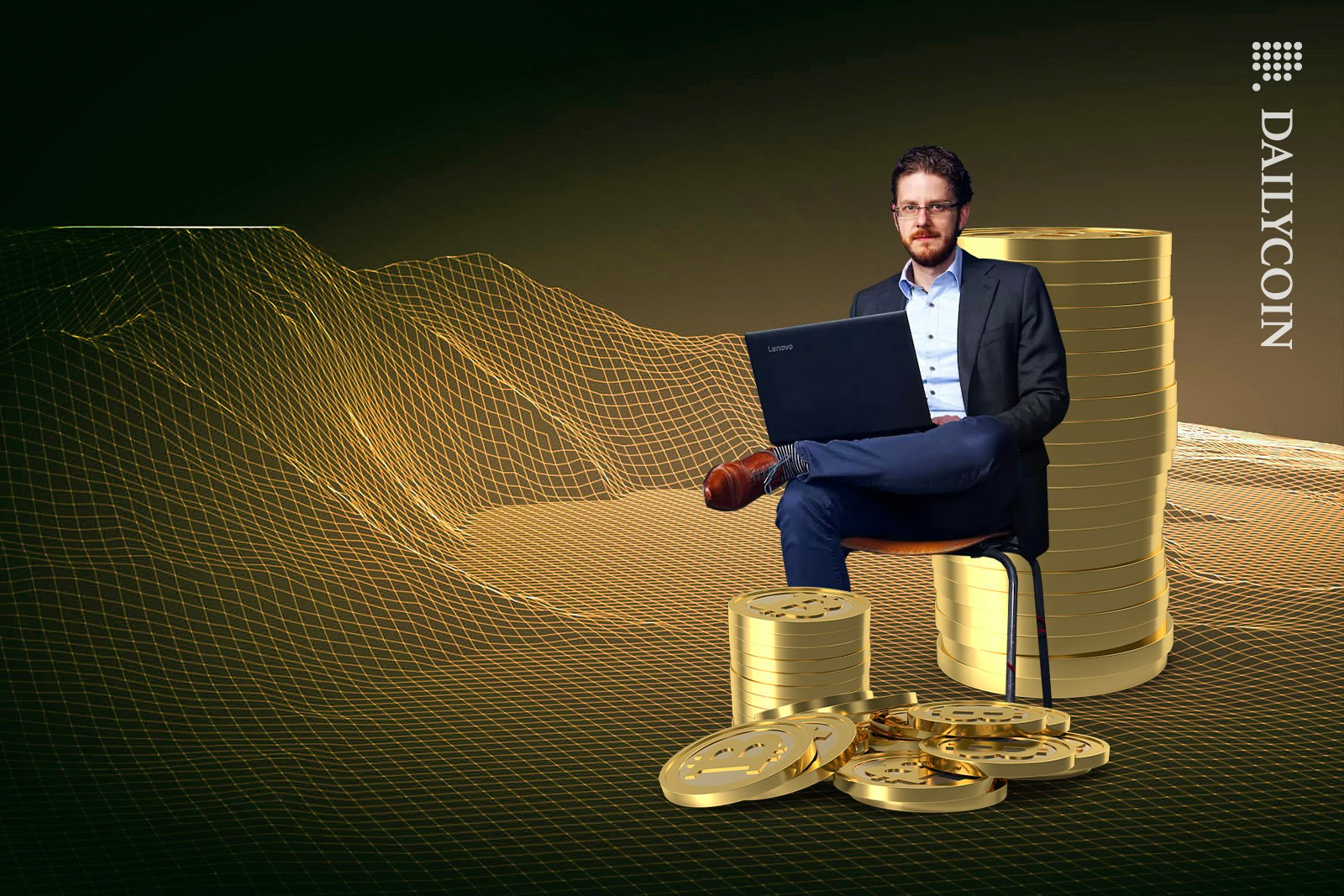
- The BBC published an article bashing Bitcoin due to its excessive “water footprint.”
- Bitcoiners refute the science behind the negative environmental claims.
- The BBC is an organization in decline.
Bitcoin has long faced criticism for its purportedly wasteful electricity consumption and use of fossil fuels. The leading cryptocurrency is now targeted for another negative environmental impact: its apparent wasteful water use. The BBC recently published an article attacking Bitcoin’s high water consumption, but advocates allege the BBC regurgitated questionable claims without scrutiny or balance.
The BBC quoted Alex de Vries, a data scientist and long-time Bitcoin critic, who wrote a paper published by the Cell Reports Sustainability journal that slammed Bitcoin’s worsening “water footprint.” However, pushing back against the claims, one Bitcoin advocate has labeled de Vries’ methodology “junk science” and the BBC guilty of “intellectual laziness.”
Bitcoin Advocate Bites Back
Pushing back against de Vries’ claims of excessive water consumption, Daniel Batten, the co-founder of CH4 Capital, a company that reduces methane emissions using on-site data centers, launched a scathing rebuttal by calling out de Vries’s ties with the Dutch central bank and his motivations for attacking Bitcoin.
Sponsored
“Central Banks have a vested interest in spreading FUD (Fear, Uncertainty and Doubt) about Bitcoin for one very simple reason: Bitcoin disintermediates central bankers,” stated Batten.
Batten’s lengthy tweet further criticized de Vries’ poor track record in accurate modeling by stating that de Vries had falsely predicted Bitcoin’s energy usage would require “all the world’s power by 2020.” Additionally, Batten mentioned that de Vries’ “energy cost per transaction” metric was debunked as misleading by researchers at Cambridge University.
Batten also accused de Vries of pivoting from Bitcoin’s heavy reliance on fossil fuels to its excessive water use once it was determined that the BTC network is powered mostly by sustainable sources. Batten also stated that “water footprint per transaction” is equally as misleading as “energy cost per transaction” because water and energy are a direct requirement of mining rather than users’ transactions.
Not only did Batten strongly criticize de Vries for continually shifting attack vectors and promoting misleading metrics, but he also condemned the BBC for providing an uncritical platform to spread more anti-Bitcoin propaganda.
BBC on the Decline?
Turning his attention to the BBC for providing an anti-Bitcoin platform, Batten accused the organization of failing to conduct due diligence and amplifying criticisms from a biased source without appropriate fact-checking. By doing so, the BBC demonstrated poor journalistic principles and displayed confirmation bias, further tarnishing its once-stellar reputation, according to Batten.
Sponsored
The BBC faces declining viewership, financial uncertainty, and threats to its editorial independence. Its TV channels have lost audience reach since 2015, as the outdated license fee model funding the public broadcaster is set to be abolished by 2027. There are doubts about whether the BBC can adapt its business model to survive and thrive once the license fee money dries up.
On the Flipside
- The Bitcoin Mining Council claims BTC uses 60% sustainable energy sources and just 0.17% of the world‘s electricity.
- A study conducted by Galaxy Digital found that Bitcoin uses less than half the electricity consumed by the banking sector.
- The BBC faces a string of controversies that have led to observers questioning its integrity, including sex scandals involving presenters and accusations of left-leaning bias.
Why This Matters
The BBC article on Bitcoin is a one-sided portrayal that amplifies de Vries’ questionable claims. This has done little to re-establish the organization’s once-trusted reputation, fueling misinformation from the lens of the old guard who cannot envision the benefits of decentralization and the separation of money from the state.
Read about the latest developments in the spot Bitcoin ETF approval race here:
Delayed SEC Decision Fuels Mass Bitcoin ETF Approval Hype
Find out more about IOTA’s development plans in Abu Dhabi here:
IOTA Token Leads Top 100 After ADGM Registration
